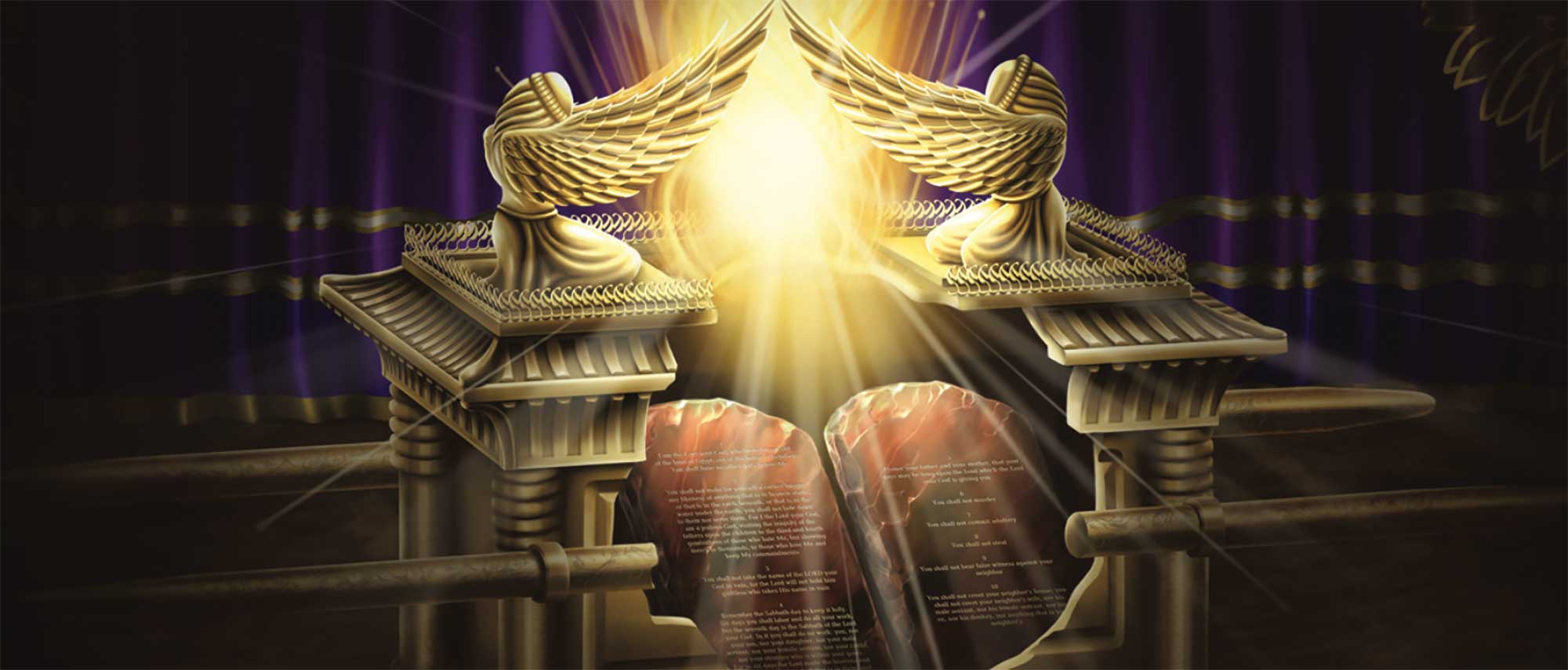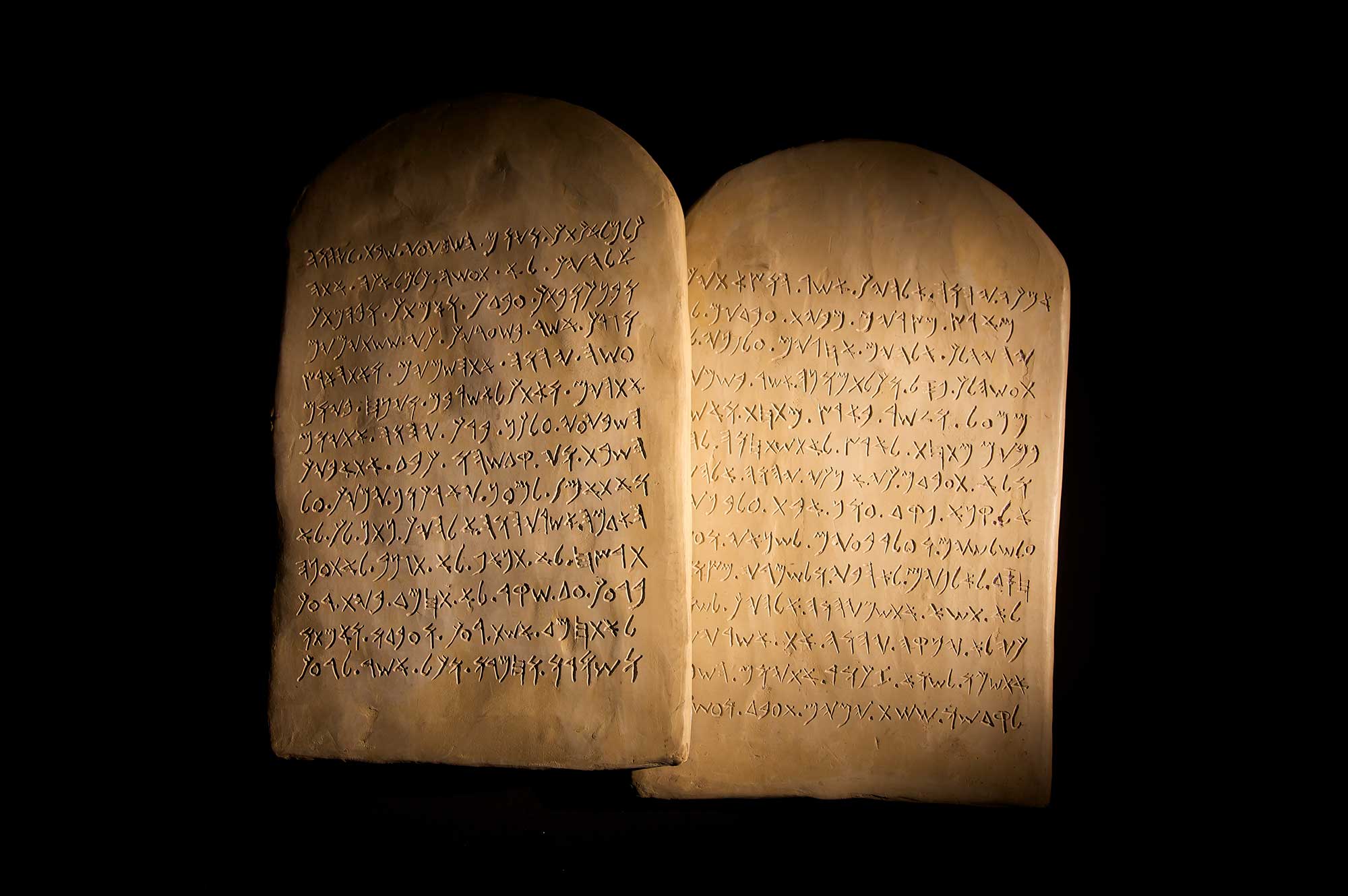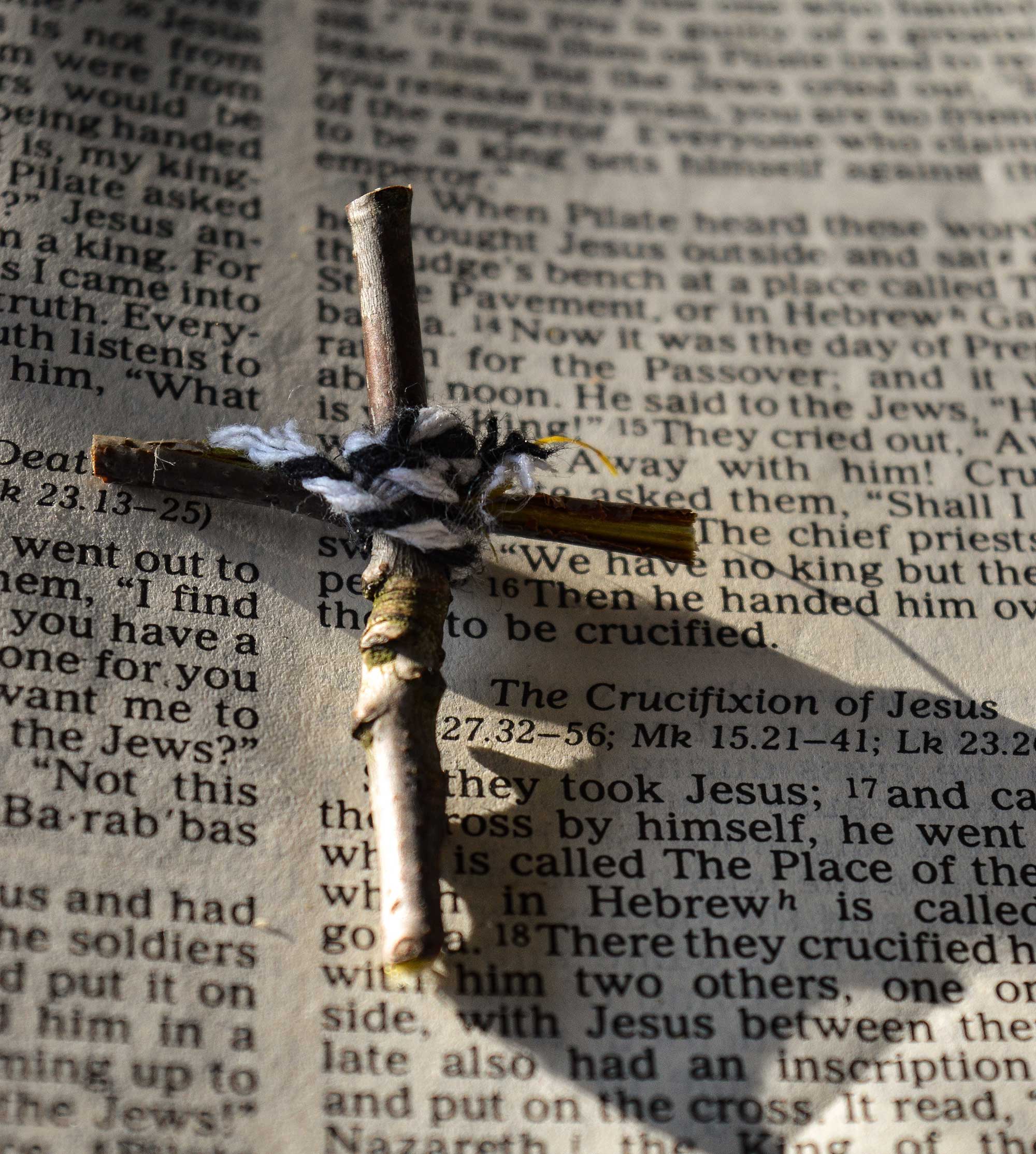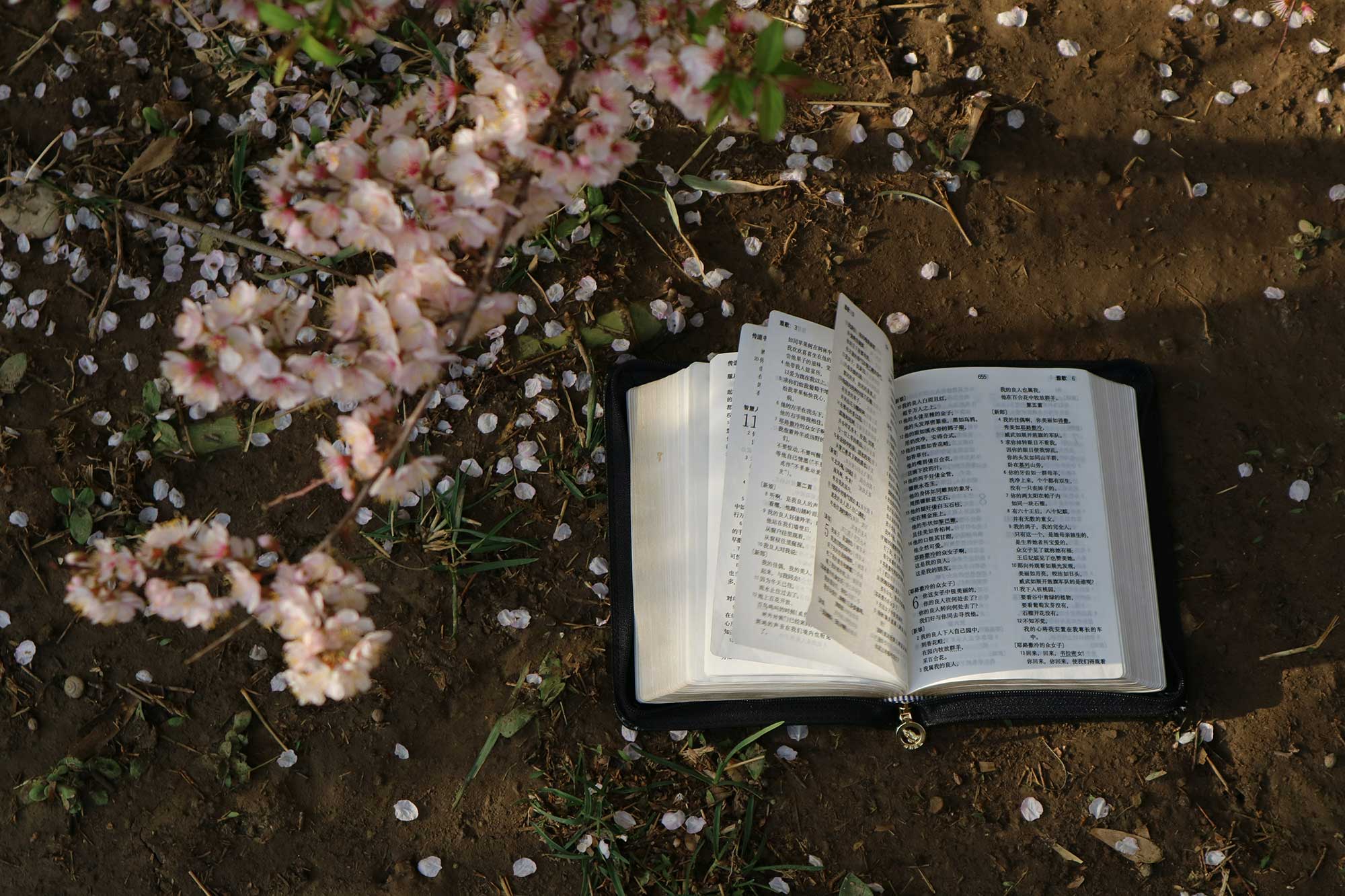
INSIDE THE LOST ARK-
Part 10
“One of the most fascinating mysteries of all time is the disappearance of the Ark of the Covenant.
The most treasured of all artefacts in the Jewish temple, the Ark was covered in pure gold.
It featured two beautiful angels spreading their wings to form a throne for God’s presence.
The Ark appeared to possess supernatural powers.
It was associated with the presence of God, victory in battle, drying up rivers and causing calamities or death, just by looking at it.
The final resting place for the Ark was in Solomon’s glorious temple.
Then, in a shroud of mystery, the Ark disappeared. Where did it go? Who took it? Where is it now?
For hundreds of years people have searched for the lost Ark.
A secret society called the Knights Templar had a fascination for the Ark.
The Jewish history book, Maccabees, describes the prophet Jeremiah hiding the Ark in a hollow cave; somewhere near Mt Nebo, on the eastern side of the Dead Sea (2 Maccabees 2:1-8).
After ten years of excavation in Jerusalem, the society claimed to have found the Ark and transported it away; possibly to Rosslyn chapel in Scotland.
Others also claim to have found the Ark.
Archaeologist Ron Wyatt said he found the Ark in a cave under the cross of Calvary in Jerusalem.
Vendyl Jones, a Texan archaeologist, has been searching for the Ark most of his life.
He believes he found it near the Dead Sea.
The Ethiopians of Axum believe they possess the Ark.
Others think the Ark was taken to the Vatican or may be buried with the Pharaohs in the Valley of the Kings.
The discovery of an ancient copper scroll near the Dead Sea shows a series of maps, referring to a cave in the “Valley of Achor”, also near the Dead Sea.
The Jewish Talmud says the Ark is hidden in a chamber under the Temple Mount in Jerusalem.
Some rabbis claim to have seen the Ark, but no evidence has come to light.
Among all the speculation, nobody is certain where the Ark of the Covenant is today.
What was so special about the Ark?
Is the search for the lost Ark just a treasure hunt or is there more to it?
What was inside the Ark
that was so important?
Why did the contents need such protection?
In this study guide, we will discover the importance and power of the contents hidden inside the Ark of the Covenant.

Q1 – WHAT WERE THE CONTENTS OF THE ARK OF THE COVENANT?
And He wrote on the tablets according to the first writing, the Ten Commandments, which the Lord had spoken to you in the mountain from the midst of the fire in the day of the assembly; and the Lord gave them to me. Then I turned and came down from the mountain, and put the tablets in the ark which I had made; and there they are, just as the Lord commanded me.” Deuteronomy 10.4,5
The Ten Commandments are so important to God that He wrote them on stone with His own finger (Exodus 31:18).
He then instructed Moses to place them in the holiest of all articles, the Ark of the Covenant.
All the other Jewish laws were written in a book by Moses, and placed outside the Ark (Deuteronomy 31:26).
The Ten Commandments were holy and protected in the Ark.

Q2 – WHAT DOES THE NEW TESTAMENT SAY ABOUT THE TEN COMMANDMENTS?
Therefore the law is holy, and the commandment holy and just and good. Romans 7.12

A common misconception today is that the Ten Commandments were only relevant for people living in Old Testament times.
The Commandments are considered irrelevant for those who are saved by grace living in the New Testament.
Some even believe God’s law is a curse and should never be kept or taught.
However, the New Testament says God’s law is perfect.
The Commandments are holy and just and good.
It is inconceivable that a holy person or a holy church would ever oppose a holy law.
God’s law is permanent, it will “stand fast forever and ever” (Psalms 111:7,8).
All of the Ten Commandments are specifically reinforced throughout the New Testament, by Jesus and the apostles.
Q3 – WHAT ARE THE TEN COMMANDMENTS?
The Ten Commandments are outlined in Exodus 20:3- 17. A summary version is:
- You shall have _____ other _______ before Me (v3)
- You shall not make for yourself a carved __________ … You shall not bow down to them nor serve them (v4,5)
- You shall not take the _______ of the LORD your God in vain (v7)
- Remember the _____________ day, to keep it holy… the ____________ day is the Sabbath of the LORD your God (v8,10)
- Honour your _________ and your __________ (v12)
- You shall not __________ (v13)
- You shall not commit ___________ (v14)
- You shall not _________ (v15)
- You shall not bear _________ witness (v16)
10. You shall not _________ (v17)
These Commandments are not just ten suggestions or recommendations. They are the binding principles of love that provide a framework for a happy and holy life (Proverbs 29:18).
Q4 – WHERE DID MOSES GET THE PLANS TO HELP HIM BUILD THE SANCTUARY?
For by grace you have been saved through faith, and that not of yourselves; it is the gift of God, not of works, lest anyone should boast. Ephesisnas 2.8,9

We can never be saved by keeping the Commandments.
We are saved completely by God’s grace which we accept through faith.
Keeping the Commandments is purely a love response to God, not in order to be saved, but because we are saved.
When we accept the gift of salvation, the Holy Spirit changes our life (2 Corinthians 5:17).
We have an intimate friendship with Jesus and we grow to love what is right, and hate what is wrong.
Obeying God is simply the result of a loving relationship with Jesus.
Throughout history the way to salvation has never changed.
Even in Old Testament times, people were saved by grace (Genesis 6:8). No-one has ever been saved by their works.
Q5 -WHAT IS THE ROLE OF GOD’S LAW?
What shall we say then? Is the law sin? Certainly not! On the contrary, I would not have known sin except through the law. For I would not have known covetousness unless the law had said, “You shall not covet.” Romans 7.7
The purpose of the law is not to save us.
It is to point out sin.
Sin is “lawlessness” (1 John 3:4).
The law tells us what is right and wrong and thus shows us when and how we have sinned against God.
This is why the devil hates the law and attacks it.
Without the law we would never look to Jesus as our Saviour from sin.
In fact, without the law there would be no sin.
And without sin there would be no need for a Saviour.
To illustrate: the law is like a mirror. If a boy, who has played in the mud, looks into the mirror, he will see dirt on his face. The mirror cannot clean his face. Only water and soap can do that. But the mirror can show him very clearly that he needs to be clean.
When we look into the law of God, we will see our sin very clearly.
The law cannot clean us from sin.
We need to go to Jesus who is the only One who can cleanse and forgive.
WHAT IS THE ROLE OF GOD’S LAW?

Q6 – DID JESUS SUPPORT AND KEEP THE TEN COMMANDMENTS?
So He said to him, “Why do you call Me good? No one is good but One, that is, God. But if you want to enter into life, keep the commandments.” Matthew 19.17
“Do not think that I came to destroy the Law or the Prophets. I did not come to destroy but to fulfill. For assuredly, I say to you, till heaven and earth pass away, one jot or one tittle will by no means pass from the law till all is fulfilled. Whoever therefore breaks one of the least of these commandments, and teaches men so, shall be called least in the kingdom of heaven; but whoever does and teaches them, he shall be called great in the kingdom of heaven. Matthew 5.17-19

Jesus believed in the Commandments (Matthew 5:17-19),
He taught the Commandments (Matthew 19:17)
and He kept the Commandments (John 15:10).
Jesus said anyone who breaks the least Commandment, and then teaches others to do the same thing, is regarded as the lowest of the low (Matthew 5:19).
On the other hand, those who teach and keep the Commandments are regarded by Jesus as spiritual giants (Matthew 5:19).
Jesus is clear.
He did not come to abolish the law.
He said “think not” – don’t even think that He came to destroy it, let alone say it under your breath.
Or even worse, preach it!
Any preacher, who teaches that the law has been abolished, or is no longer very important, is going directly against the words of Jesus.
Q7 -DO THE “NEW” COMMANDMENTS REPLACE THE TEN COMMANDMENTS?
Jesus said to him, “‘You shall love the Lord your God with all your heart, with all your soul, and with all your mind.’ This is the first and great commandment. And the second is like it: ‘You shall love your neighbor as yourself.’ On these two commandments hang all all the Law and the Prophets.” Matthew 22.37-40
When Jesus referred to the two Commandments of love, they were not new.
He was quoting directly from the Old Testament (see Deuteronomy 6:4,5 and Leviticus 19:18).
They were “new” to the Pharisees because they were trying to keep the Commandments from religious duty instead of love.
As a result the Pharisees looked good on the outside, but were rotten on the inside (Matthew 23:25).
Jesus knew how to get to the heart of any issue.
The heart of the Ten Commandments is love.
The first four Commandments all revolve around our love for God.
The last six Commandments are based on love for other people.
That is why Jesus said the law “hangs” on the two Commandments of love.
To illustrate – a door “hangs” on two hinges. If you don’t have the hinges in place the door will be of little use.
Hinges don’t replace the door.
They determine whether or not the door works properly.
Jesus never taught that the Ten Commandments were replaced by love.
He was simply saying that any attempt to keep the Commandments without love, is not truly keeping the Commandments.
In fact, if we love God, and love other people, we will naturally keep the Ten Commandments.

Q8 – DOES GRACE MEAN YOU NO LONGER NEED TO KEEP THE COMMANDMENTS?
What then? Shall we sin because we are not under law but under grace? Certainly not! Romans 6.15
Do we then make void the law through faith? Certainly not! On the contrary, we establish the law. Romans 3.31

Back in the days of the apostle Paul, some people were advocating that grace and faith alleviated the need to keep the law.
Paul opposed this teaching in the strongest possible way.
He said “certainly not!” He then added that if anything, faith establishes the law.
Anyone who disregards the Commandments and lives a life of sin – is not under grace but under dis-grace. God’s grace not only forgives, it also gives power for obedience.
To be “under the law” means to be under the condemnation of the law
.To illustrate – we are not affected by the speed limit law until we break it.
Then we are guilty of it.
We “come under the law” and need to pay the penalty.
If we receive grace from the policeman and he lets us off, we are no longer “under the law”.
The last thing we would want to do is then go and speed again.
The law is still in place, and we would simply get booked like we should have the first time.
Q9 – IS KEEPING MOST OF THE COMMANDMENTS ACCEPTABLE TO GOD?
For whoever shall keep the whole law, and yet stumble in one point, he is guilty of all James 2.10
The majority of our society is happy to keep most of the Commandments; after all, they fit in with their moral values.
Most people do not approve of stealing or murder or even adultery.
Honouring our father and mother also makes sense.
There are some Commandments, however, that God has asked us to keep purely out of love and loyalty to Him.
The Bible says that all the Ten Commandments are important and if we break just one of them we are guilty of breaking them all.
To illustrate – if you are hanging over a cliff by a giant chain, all it takes is one link to break and the whole chain is broken, causing you to fall.
If we choose to disregard even the least Commandment, we are still choosing to sin against God.

Q10 – FROM WHAT MOTIVATION SHOULD WE KEEP THE COMMANDMENTS?
If you love me KEEP my Commandments. John 14.15

Anyone who loves Jesus will naturally want to keep the Commandments.
This theme is not new.
Right in the heart of the Ten Commandments it says, “to those who love Me and keep My commandments” (Exodus 20:6).
Jesus knew that obedience from love is worship.
Obedience that doesn’t come from love is slavery.
It is essential that all obedience comes from a love response to Jesus.
Q11 – SHOULD WE KEEP THE “SPIRIT OF THE LAW” OR THE “LETTER OF THE LAW”?
You have heard that it was said to those of old, ‘You shall not murder, But I say to you that whoever is angry with his brother without a cause shall be in danger of the judgment. Matthew 5.21,22
You have heard that it was said to those of old, ‘You shall not commit adultery.’ But I say to you that whoever looks at a woman to lust for her has already committed adultery with her in his heart. Matthew 5.27,28
The “spirit of the law” is obedience from the heart.
The “letter of the law” relates only to external behaviour.
Jesus gave a great example of the “spirit of the law”.
He told his listeners that getting angry was breaking the sixth commandment, “you shall not murder”.
Jesus knew that if you didn’t get angry in your heart, you automatically wouldn’t kill that person.
Similarly, if you didn’t lust after a person in your heart, you wouldn’t commit adultery.
Far from dismissing the Commandments, the “spirit of the law” ensures a much deeper and more meaningful obedience – obedience from the heart.

Q12 – IS OBEDIENCE LEGALISM OR “WORKS”?
Now by this we know that we know Him, if we keep His commandments. 4 He who says, “I know Him,” and does not keep His commandments, is a . liar liar, and the truth is not in him 1 John 2.3,4

Legalism (or “works”) is trying to keep God’s Commandments in order to be saved, through your own efforts.
On the other hand, true obedience is a natural outcome of knowing and loving God.
It is asking God to give us supernatural power for victory and relying on God’s promises.
“I can do all things through Christ who strengthens me” (Philippians 4:13).
Jesus said there will be many Christians who think they are going to heaven but don’t make it.
Why? Because they see obedience as irrelevant or “legalism”.
They practice “lawlessness” (Matthew 7:21-23).
Q13 – WERE ANY LAWS STOPPED AT THE CROSS?
having abolished in His flesh the enmity, that is, the law of commandments contained in ordinances, Ephesians 2.15
There were some laws that finished with Jesus at the cross.
These laws were the sacrifices, ceremonies and feast days, often referred to as the “laws of Moses”.
These ordinances were symbolic rituals that generally pointed towards Jesus and His death on Calvary.
A significant debate emerged on some of these issues in the early Christian church.
One of the arguments revolved around the need for circumcision; a ritual practiced by the Jews.
The apostle Paul made it very clear that there was a big difference between rituals and the Ten Commandments.
He said, “Circumcision is nothing and uncircumcision is nothing, but keeping the commandments of God is what matters” (1 Corinthians 7:19).
The rituals and ceremonies were for the Jews.
The Ten Commandments were for everyone.

Q14 – IS THERE A ROLE FOR GOD’S LAW IN THE NEW COVENANT?
For this is the covenant that I will make with the house of Israel after those days, says the Lord: I will put My laws in their mind and write them on their hearts; and I will be their God, and they shall be MY My people. Hebrews 8.10

God’s law still has a vital role in the New Covenant.
The Old Covenant failed because it was based on the weak promises of the Jews who tried to keep God’s law in their own strength (see Hebrews 8:6-8).
The New Covenant is based on the power of God’s promise to take His law and place it in our heart and mind.
When God does this, we obey Him through His power and from a loving heart.
The Ten Commandments then become ten powerful promises.
“You will not!” is no longer a restriction, but an ability to live a victorious spiritual life.
This New Covenant experience was available in Old Testament times, just as it is today (Ezekiel 36:26,27).
Q15 – RE GOD’S COMMANDMENTS A BURDEN FOR THE CHRISTIAN?
For this is the love of God, that we keep His commandments. And His commandments are not burdensome. 1 John 5.3
The true Christian loves God’s law.
After all, obedience brings happiness (Proverbs 29:18) and the law reflects the character of God.
The Commandments are only a burden to those who are either unwilling to keep them, or to those who attempt to keep them without the presence and power of Jesus.
It is impossible to effectively live the Christian life without a passion for Jesus and keeping His Commandments.

Q16 – DO THE COMMANDMENTS HAVE A ROLE IN
THE JUDGMENT?
Let us hear the conclusion of the whole matter: Fear God and keep His commandments, For this is man’s all. For God will bring every work into judgment, Including every secret thing, Whether good or evil. Ecclesiastes 12.13,14

The wisest man who ever lived, King Solomon, summed up what life is all about in the book of Ecclesiastes.
His conclusion? Fear God and keep His Commandments.
There was nothing more important than this.
Although we are not saved by the law, obedience is a reflection of our love for Jesus and our acceptance of His free gift.
The last chapter of the Bible claims that it will be Commandment keepers who are called “blessed” and who will be going to heaven (Revelation 22:14).
It will be the law of God that is used as the benchmark in the judgment.
Q17 – HOW WILL GOD’S CHURCH OF THE LAST DAYS REGARD THE COMMANDMENTS?
Here is the patience of the saints; here are those who keep the commandments of God and the faith of Jesus. revelation 14.12
God’s last day church will possess the beautiful harmony of obedience and faith in Jesus.
Throughout the Bible it has always been Jesus and the Commandments that have been the foundation for the church.
Those who are ready and waiting for Jesus to come will be those who love Jesus supremely and demonstrate their love through keeping all of His Commandments.

Three points to remember:
•The Ten Commandments point out sin and tell us we need a Saviour
••Jesus believed, kept and taught the Ten Commandments
•••God’s church of the last days will be Commandment keepers
The Story:
A devoted mother was having difficulty with her crying baby.
An onlooker callously yelled out,
“The best way to keep that baby quiet is to throw it over a cliff”.
Naturally, the mother was shocked and disgusted.
Despite her frustrations, she would not even consider killing her baby.
Why?
Is it because there is a law in the land that says, “You shall not murder”?
If you do you will go to jail! Well, no.
Is it because there is a law in heaven that says “You shall not murder”?
If you do, you will deserve to burn in the lake of fire.
No, not even that is the mother’s motivation.
Where is the law written that protects the little child?
It is written in the mother’s heart of love.
What can we learn from this story that will help us in our understanding of obedience?


Relational questions
1. What is the secret to obedience? How can you obey the Commandments like Jesus did?
2. How can you ensure that your Commandment keeping never becomes “legalism”?
3. Is your “conscience” good enough to tell you what is right and wrong?
4. What should you do if you get discouraged when you break God’s law?
Your response:
Do you desire, by the grace of God, to keep all of God’s Commandments and live a victorious Christian life?